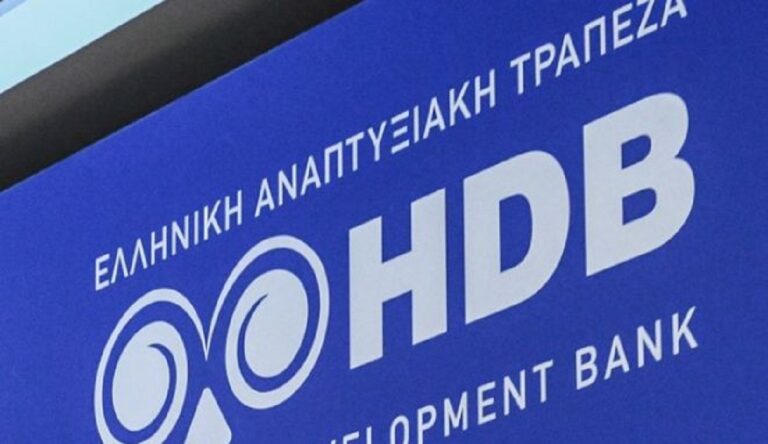According to an OECD report, a single worker without children earning an average salary in Greece faces a tax burden equivalent to 39.3% of the total cost incurred by their employer.
The report, which attempts to shed light on the so-called “tax wedge” (the total amount of taxes and social security contributions borne by both employees and employers), reveals that for every 100 euros an employer spends on such an employee, only 60.7 euros end up in the worker’s pocket, with the rest going to income taxes, social contributions, and other deductions.
The OECD average tax wedge stands at 34.9%, highlighting the relatively heavier tax burden on Greek workers compared to their counterparts in other member countries.
Portugal recorded the highest tax wedge (39.4%), followed by Slovenia at 44.6%, and Belgium tops the list at 52.6%, the highest within the OECD.
At the lowest side of the end are Switzerland (22.9%), New Zealand (20.8%), and Chile (7.2%) maintain much lower tax burdens. Greece’s overall tax wedge for a single worker without children increased by 0.54 percentage points in 2024, reaching 39.3%. This rise is not attributed to a change in tax rates but rather to an increase in nominal incomes.
The OECD points out that the hike in income tax outpaced the rise in real wages for this category of workers, resulting in a reduction of disposable income after taxes. While the real average wage increased by 1.7% in 2024 (driven by a 4.7% nominal wage rise offset by 3% inflation), the average effective tax rate climbed by 2.6%.
The OECD also analyzes the individual tax burden, which includes personal income tax and employee social contributions. For Greece, this figure stood at 25.8% in 2024, slightly above the OECD average of 25%. In practical terms, an employee with a gross monthly salary of 1,000 euros would receive a net income of approximately 742 euros, with the remaining 258 euros going to the state. The situation is more favorable in countries like Ireland (28%) and Sweden (23.1%) and more burdensome in places like Belgium (39.7%) and Lithuania (38.2%).
When it comes to families with two children and a single earner, the tax wedge in Greece declined marginally in 2024 by 0.05 percentage points to 37.3%, still significantly higher than the OECD average of 25.7%. For dual-income households, where one spouse earns the average wage and the other 67% of that amount, the tax wedge in Greece dropped by 0.27 points to 37.5%, again well above the OECD average of 29.5%.









































